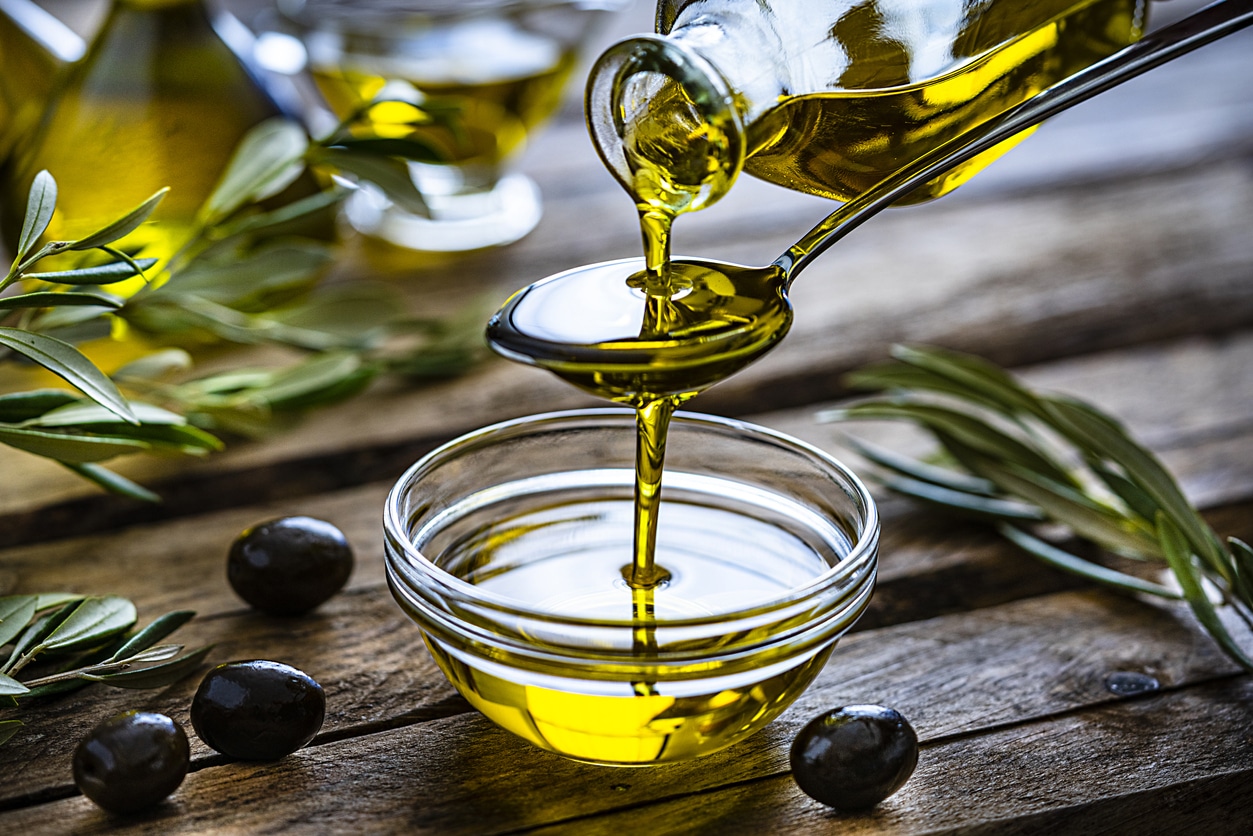With the glut of information available on the healthiest oils for eating and cooking, it is hard to know what to choose. You hear and read about saturated fats, polyunsaturated fats, monounsaturated fats, as well as Omega-6s and Omega-3s. It’s enough to make you want to lie down. Here is the good news: I have read the research, looked at the data, and compiled a list of your healthiest choices.
For decades, when counting calories was the gold standard for weight loss, fat was enemy #1 because it contains twice the calories of carbs or proteins. Also, fat was thought to be the underlying culprit of heart disease, strokes, and a myriad of other conditions. Studies published in the early 2000s challenged these beliefs. A monumental study from the Harvard T.H. Chan School of Public Health was published in the Journal of the American College of Cardiology. It followed eighty-four thousand plus women and almost forty-three thousand men over twenty-four to thirty years and found that refined carbohydrates, not fats, contributed to an increased risk of heart disease. Dozens of subsequent studies support these findings and have revealed and clarified the healthiest fats and oils – and the ones to avoid.
The solid fact now: you need fats to survive and thrive. Every cell in your body is made of fat. Your brain is primarily fat and needs fats to function correctly. Fat composes the covering of your nerves, and your hormones are made of fat. Without fats, you can’t utilize fat-soluble vitamins from your food. Lastly, the right kinds of fats help reduce your risk of heart disease, type 2 diabetes, obesity, and even dementia and Alzheimer’s.
As you contemplate the abundance of options on the condiment aisle in the grocery store – from vegetable oil to canola oil to coconut oil – you can narrow your choices to a few healthy oils for both eating and cooking.
#1 Extra Virgin Olive Oil
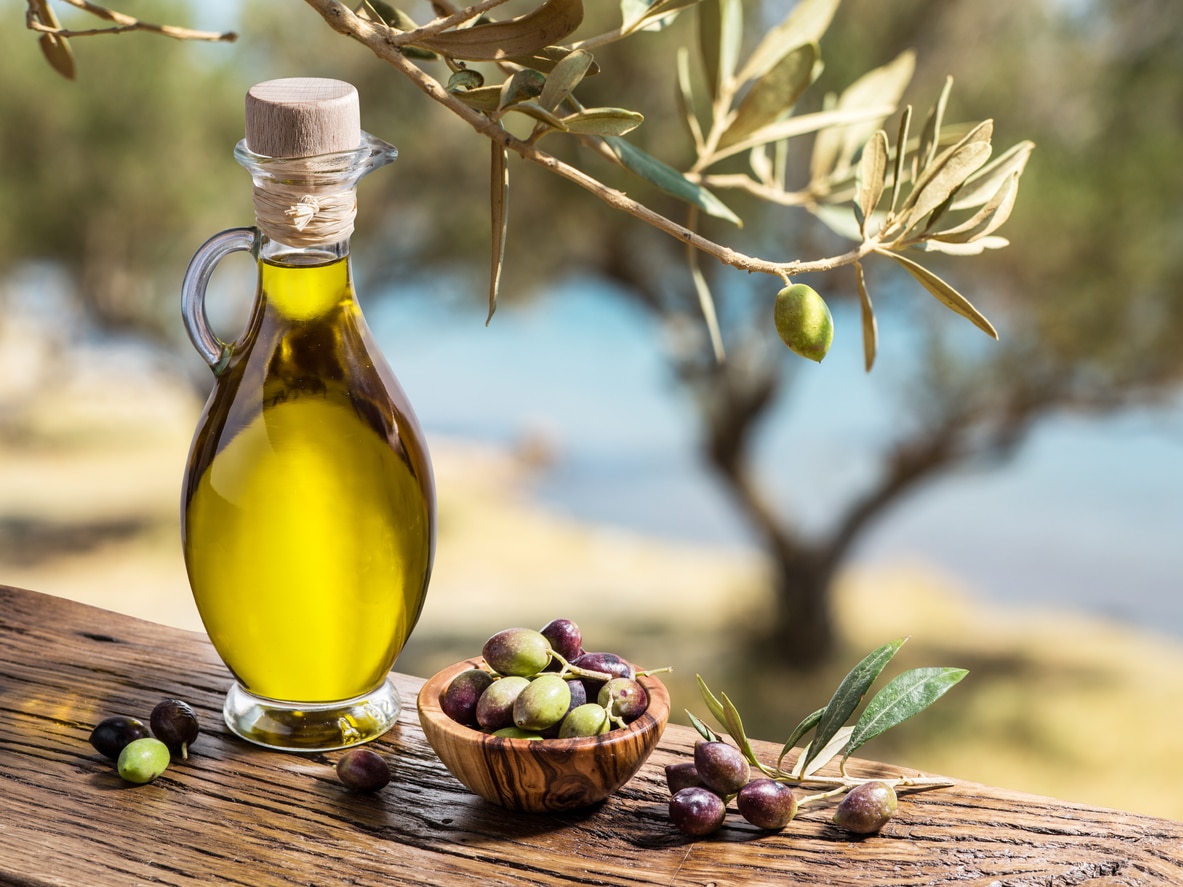
Extra virgin olive oil, or EVOO, is hands-down the number one choice of most doctors and respected health experts. If it can be organic extra virgin oil, it’s even better. Although pure olive oil is about 20% saturated fat, the other 80% is a monounsaturated fat called oleic acid. Many studies show oleic acid reduces inflammation throughout the body (inflammation being the driver of all disease) and may even have extra benefits of protecting against certain cancers. Olive oil is also high in antioxidants — those health-protecting compounds that keep organs functioning properly and slow down aging. Use EVOO to splash on steamed veggies or blend it with vinegar and spices in a marinade or dressing. Use light olive oil or regular olive oil for cooking, where the delicate flavor of the EVOO would be lost.
In chef parlance, extra virgin olive oil also has a fairly high smoke point, around 375°- 470°F. An oil’s smoke point is the temperature at which an oil or fat chemically changes from beneficial to detrimental to health. The higher the smoke point, the hotter the oil can become before making that turn to the dark side. Thus, olive oil serves a wide variety of cooking methods. No, it isn’t for deep frying at high temperatures, and that’s ok because it’s something we should generally avoid when cooking or eating.
Our preferred extra virgin olive oil is Papa Vince Extra Virgin Olive Oil.

#2 Avocado Oil
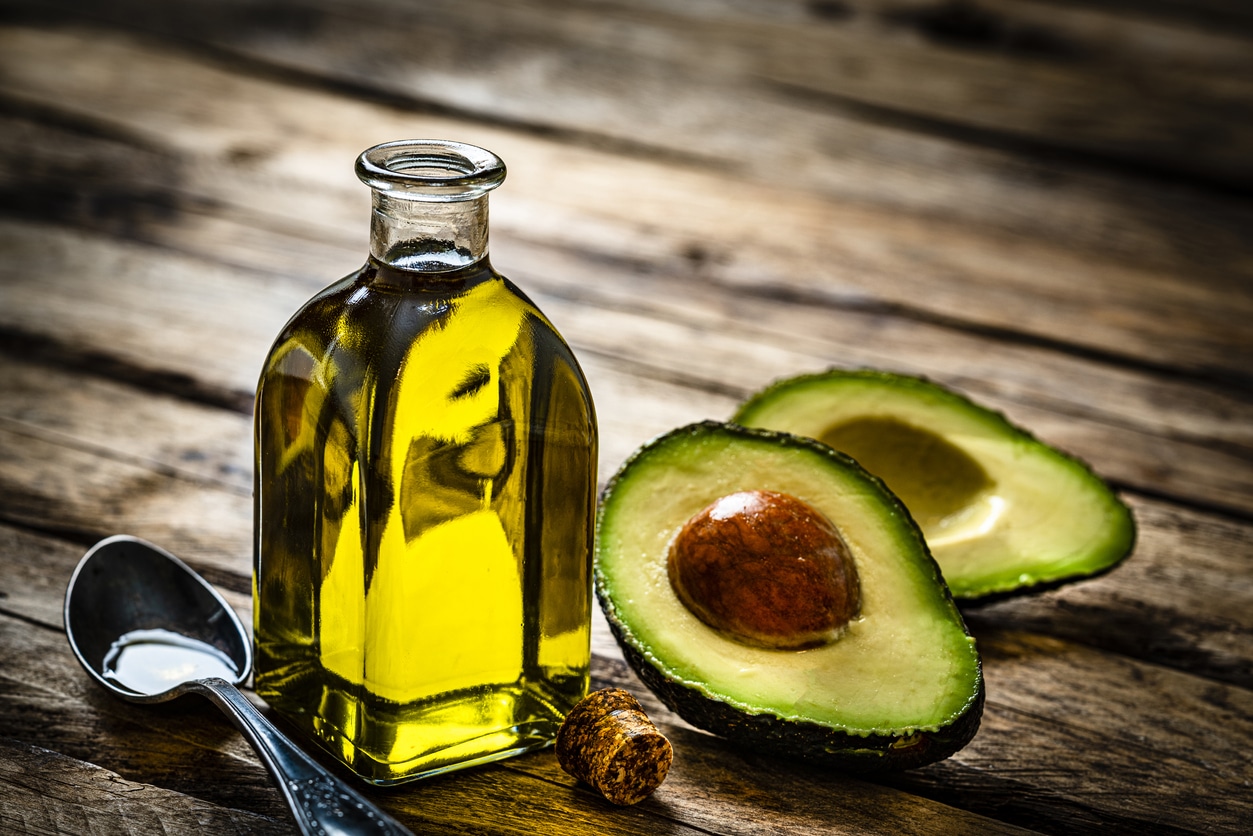
For cooking, avocado oil has a higher smoke point at 520°F than all available olive oils, so it’s suitable for higher heat or high heat cooking. Avocado oil, rich in oleic acid like olive oil, is shown to reduce LDL (bad) cholesterol levels and triglyceride levels. It also has a good ratio (3:1) of omega-3 to omega-6 fats. Omega-3 fats protect and feed the heart, brain, and all your organs. You want to consume more of this fat. That’s why it’s one of the healthier oils available and is a solid choice if you’re looking for a good option when cooking at higher temperatures and ingesting good fats.
While more expensive than olive oil (although the prices are coming down slowly as it becomes more popular), using avocado oil for high-heat cooking gives you more options.
Our preferred avocado oil is Primal Kitchen Extra Virgin Avocado Oil.
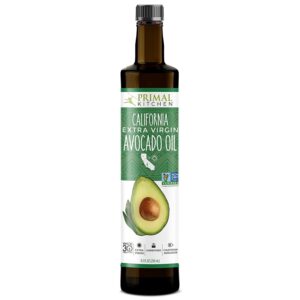
#3 Walnut Oil
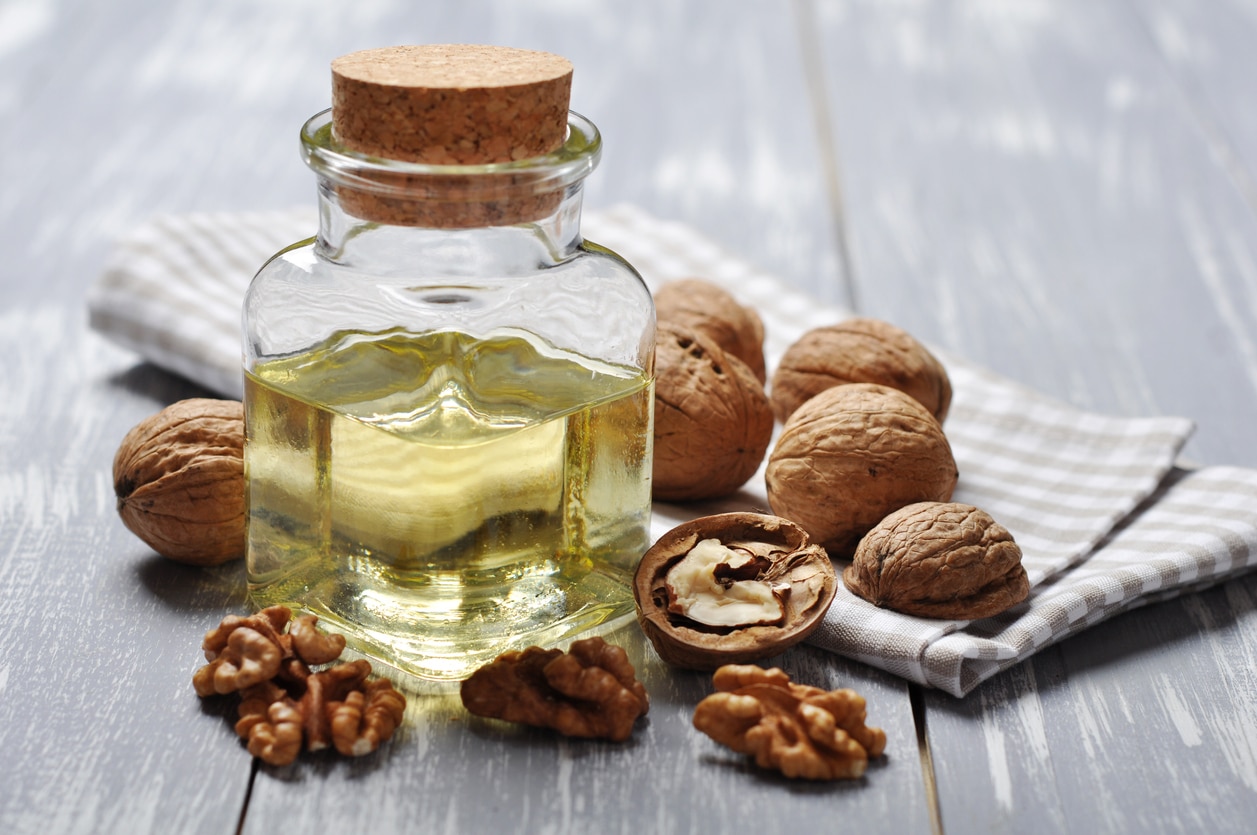
Walnut oil has more nutrients and antioxidants than all other nut oils. It is high in selenium, the antioxidant that supports thyroid function, and may help lower the risk of cognitive decline. High in good Omega-3s as well, it also reduces triglyceride levels. It is best used as a finishing oil or in salad dressings, as it has a medium-high smoke point, lower than olive oil, at 320°F. Its nutty flavor makes it one of the best oils to add some extra taste to your meal while increasing the health benefits of your recipe.
Our preferred walnut oil is La Tourangelle Roasted Walnut Oil.
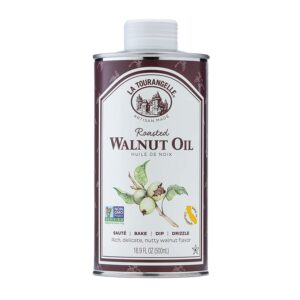
Oils from plant sources won’t make you fat unless you eat them with starch and sugar, like baked goods or other sweet treats made with wheat and/or sugar. Using healthy oils on veggies and fruits is a recipe for heart protection, not heart disease. Whenever possible, switching from butter to a delicious, nutty walnut oil or a spicy olive oil will not only help shrink your waistline but keep you mentally sharp, your body humming, and looking more youthful, deliciously.
Until next time…Be Vibrant!
Read Next:
A Natural Remedy for Inflammation: Essential Oil

